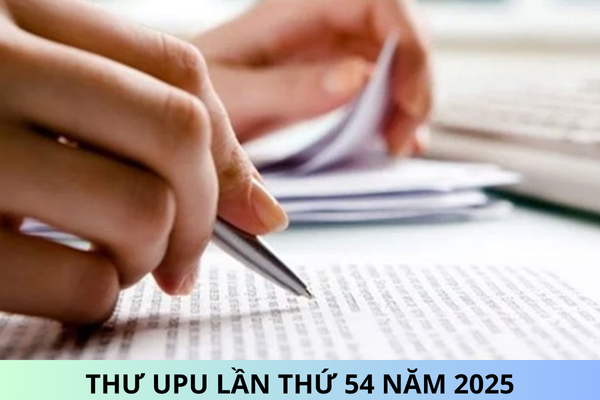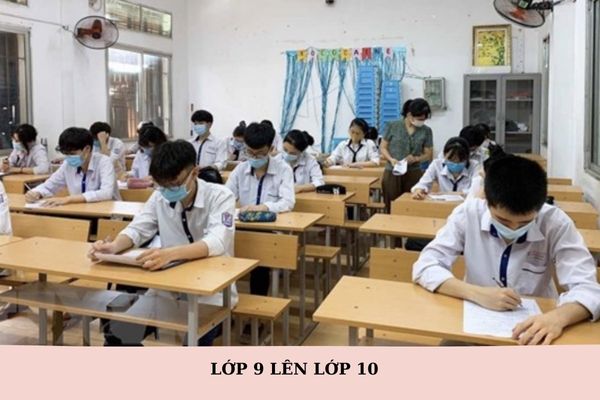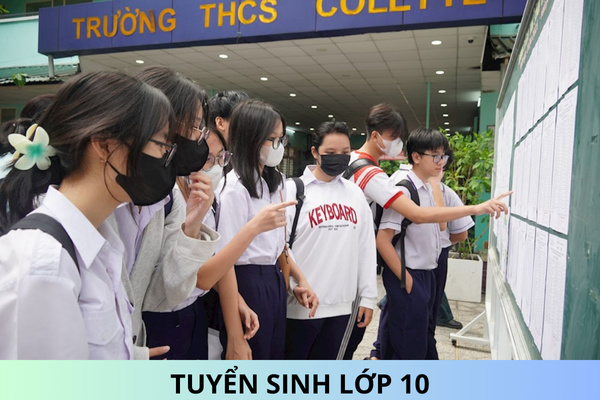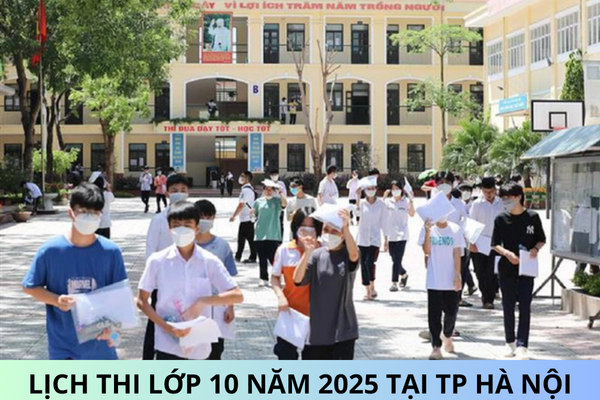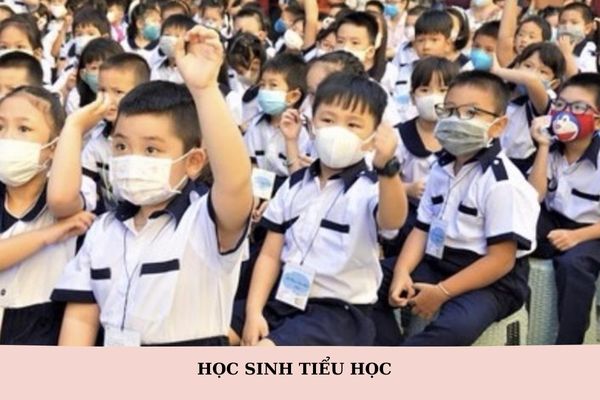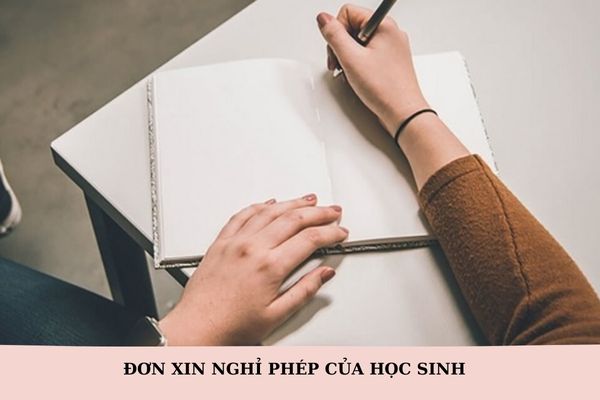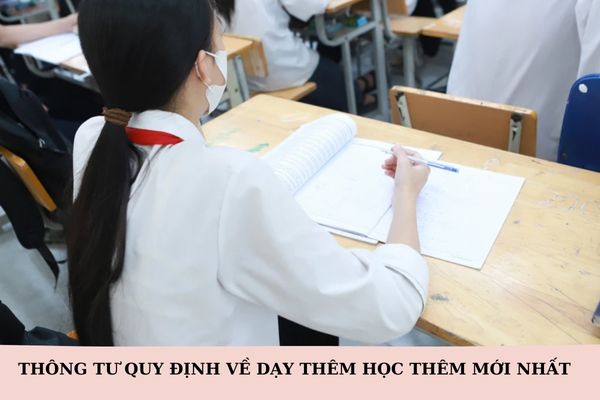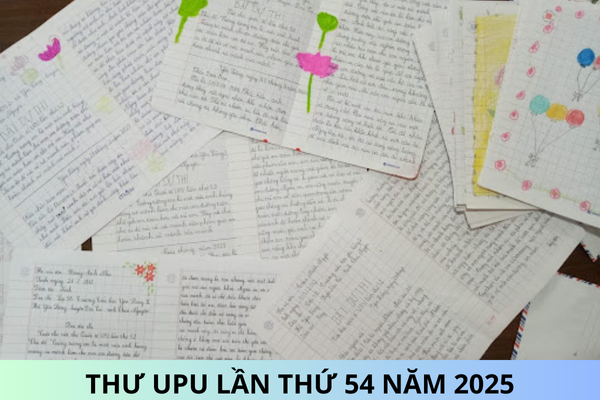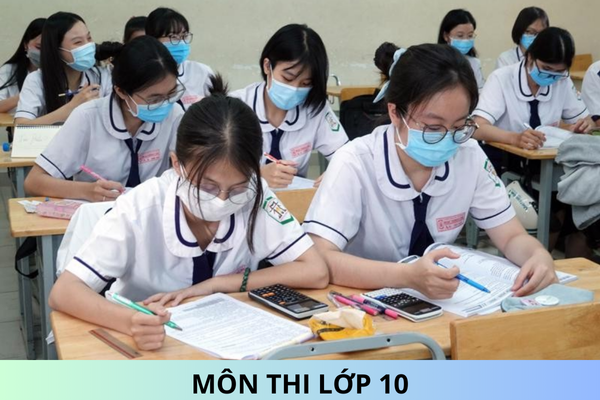Can inmates at compulsory education facilities lend their provided clothes to others in Vietnam?
Can inmates at compulsory education facilities lend their provided clothes to others in Vietnam? Can inmates at compulsory education facilities borrow other people's belongings in Vietnam? What do inmates at educational institutions have to address others in Vietnam?
Can inmates at compulsory education facilities lend their provided clothes to others in Vietnam?
Pursuant to Article 4 of the Rules of compulsory educational establishments issued together with Circular 21/2015/TT-BCA regulating pants, shirts, and personal belongings
Inmates at educational facilities are required to:
1. Wear pants and shirts with the "inmate" stamp on the front of the pants and the back of the shirt; On the left chest of the shirt is stamped "inmate's name and the last 7 numbers of the camp's record number" (except pants and underwear).
2. Wear pants and ao dai that are neat, neat, clean, and fully buttoned when participating in studying, working, conferences, competitions, sports festivals, ceremonies, group activities, meeting relatives, exit or enter the gates of compulsory educational establishments or come into contact with outsiders.
3. Deposit assets and documents at compulsory educational institutions such as: Gold, silver, jewelry, foreign currency, Vietnamese currency, stocks, bills, bonds, electronic payment cards Electronics, watches, machinery, equipment, ID cards, citizen identification cards, household registration books, passports, vocational certificates, diplomas, certificates, other valuable papers and clothes, clothes, unused personal belongings.
4. Fold, arrange neatly and orderly, clean, dry, and place clothes, shirts, blankets, curtains, blankets, and personal items in the right place. Do not bring into the room tools and household appliances except those provided according to regulations and 02 sets of pants, 01 casual shirt, 01 sweatshirt, 01 personal cloth pillow, plastic cup, toothbrush, toothpaste, shampoo, bath soap, laundry detergent, plastic comb, plastic hairpin, white paper, pens, plastic-framed prescription glasses, medicines, functional foods as prescribed by medical staff at compulsory educational establishments, feminine hygiene items, bags for carrying items according to regulations.
5. Do not lend or repair other types of clothes or clothes provided; write, draw, erase, marks on clothes.
Thus, members of compulsory educational institutions are not allowed to lend clothes to others according to regulations. Therefore, management does not allow the act of borrowing clothes in accordance with the above rules in Vietnam.
Can inmates at compulsory education facilities borrow other people's belongings in Vietnam?
According to Article 6 of the Rules of compulsory educational establishments issued together with Circular 21/2015/TT-BCA, regulations on protecting and preserving property are as follows:
Inmates at educational facilities are required to:
1. Protect and preserve their own property, that of others, property, trees, flower gardens, ornamental plants, and lawns in compulsory educational establishments; promptly denounce and report to officials of compulsory education institutions about acts of infringement on that property; Do not buy, sell, exchange, or borrow anything between inmates and other people; Do not connect, or hook up electricity to compulsory educational institutions or other places.
2. Compensate for damages according to the provisions of law if causing damage to the property of the compulsory education institution or other people.
According to this Article, inmates at compulsory educational facilities are not allowed to buy, sell, exchange, or borrow anything between inmates in Vietnam.
What do inmates at educational institutions have to address others in Vietnam?
In Article 3 of the Rules of compulsory educational establishments issued together with Circular 21/2015/TT-BCA, regulations on observance of rituals and manners are as follows:
Inmates at educational facilities are required to:
1. Use Vietnamese in communication (except in cases where they do not know Vietnamese yet); called "officer" or "they" address "I" for staff of compulsory education establishments, they visit or work at compulsory education establishments; called "brother" or "sister" and addressed "I" to other inmates when studying, working, conferences, competitions, sports festivals, ceremonies or group activities. In addition to the above activities, depending on age, inmates address each other in accordance with Vietnamese customs and cultural traditions. When they hear their name called, inmates must answer "yes".
Take off their hat or cap, stand at attention, 03 meters to 05 meters away and say hello to officials or guests when meeting staff of compulsory education establishments or when they visit or work at compulsory education establishments. Greetings must show a friendly attitude, must say yes, sir or say thank they or sorry at the right time. In case a group or team of inmates meets officials or guests visiting or working, the Team Leader or Team Leader must call all inmates to stand at attention, take off their hats or hats, hold them in their right hand and on behalf of the group and camp team, greet the staff or guests.
2. Take off their hat or hat, hold it in their right hand, clearly report their full name, group, and wear it when entering or leaving the compulsory education facility. If traveling in groups, then walk in pairs, remove hats or hats, hold them in the right hand for the row on the right, hold in the left hand for the row on the left. The group leader or group leader, the inmates must clearly report the name of their group, team, and number of people in their group or team.
3. Detect and report promptly, honestly and truthfully to officials of compulsory education institutions about violations of the law and regulations of compulsory education institutions by other inmates.
Thus, inmates of educational institutions are required to address others according to the above regulations in Vietnam.
Best regards!
